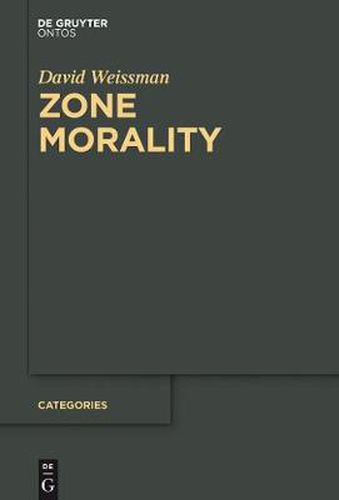Readings Newsletter
Become a Readings Member to make your shopping experience even easier.
Sign in or sign up for free!
You’re not far away from qualifying for FREE standard shipping within Australia
You’ve qualified for FREE standard shipping within Australia
The cart is loading…






Traditional moral theory usually has either of two emphases: virtuous moral character or principles for distributing duties and goods. Zone Morality introduces a third focus: families and businesses are systems created by the causal reciprocities of their members. These relations embody the duties and permissions of a system’s moral code. Core systems satisfy basic interests and needs; we move easily among them hardly noticing that moral demands vary from system to system. Moral conflicts arise because of discord within or among systems but also because morality has three competing sites: self-assertive, self-regarding people; the moral codes of systems; and regulative principles that enhance social cohesion. Each wants authority to control the other two. Their struggles make governance fragile. A strong church or authoritarian government reduces conflict by imposing its rules, but democracy resists that solution. Procedural democracy is a default position. Its laws and equitable procedures defend people or systems having diverse interests when society fails to create a public that would govern for the common interest.
$9.00 standard shipping within Australia
FREE standard shipping within Australia for orders over $100.00
Express & International shipping calculated at checkout
Traditional moral theory usually has either of two emphases: virtuous moral character or principles for distributing duties and goods. Zone Morality introduces a third focus: families and businesses are systems created by the causal reciprocities of their members. These relations embody the duties and permissions of a system’s moral code. Core systems satisfy basic interests and needs; we move easily among them hardly noticing that moral demands vary from system to system. Moral conflicts arise because of discord within or among systems but also because morality has three competing sites: self-assertive, self-regarding people; the moral codes of systems; and regulative principles that enhance social cohesion. Each wants authority to control the other two. Their struggles make governance fragile. A strong church or authoritarian government reduces conflict by imposing its rules, but democracy resists that solution. Procedural democracy is a default position. Its laws and equitable procedures defend people or systems having diverse interests when society fails to create a public that would govern for the common interest.